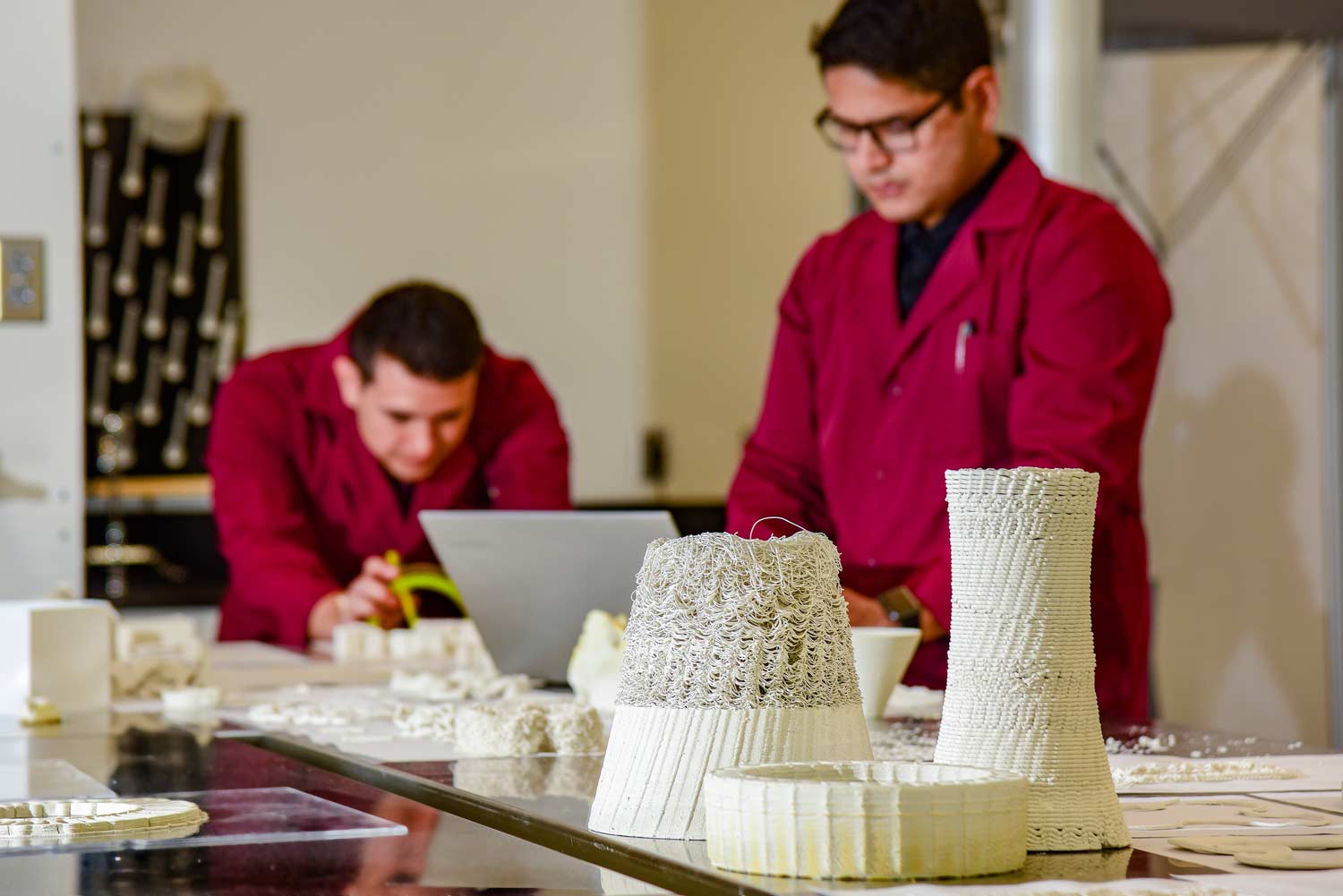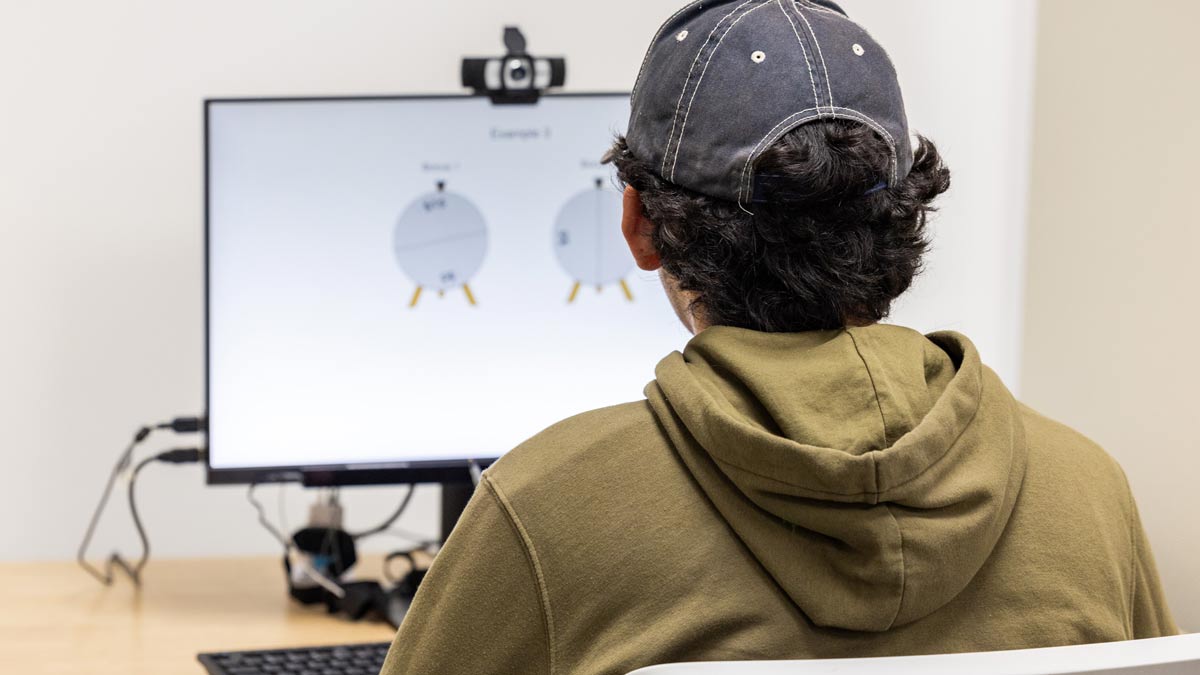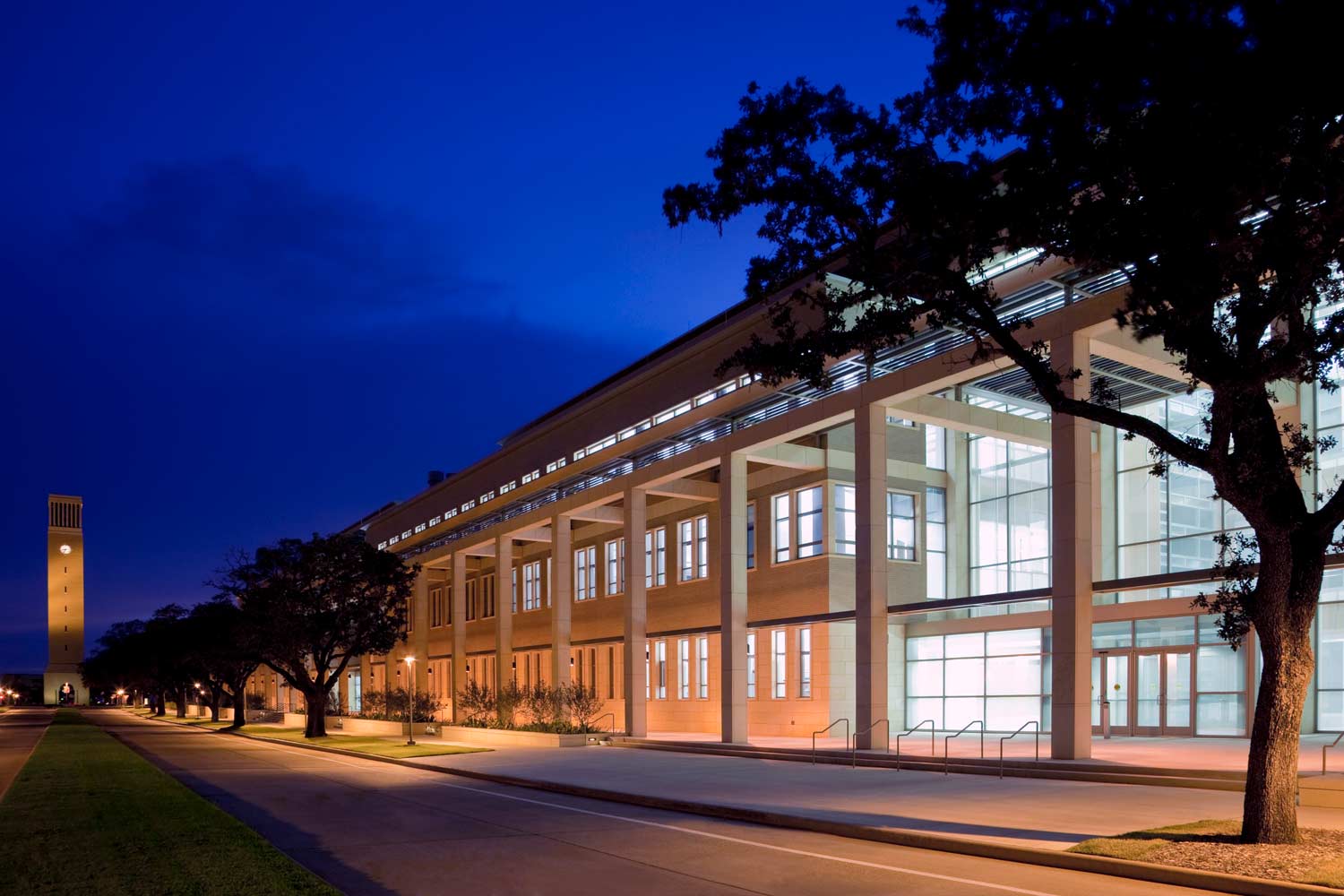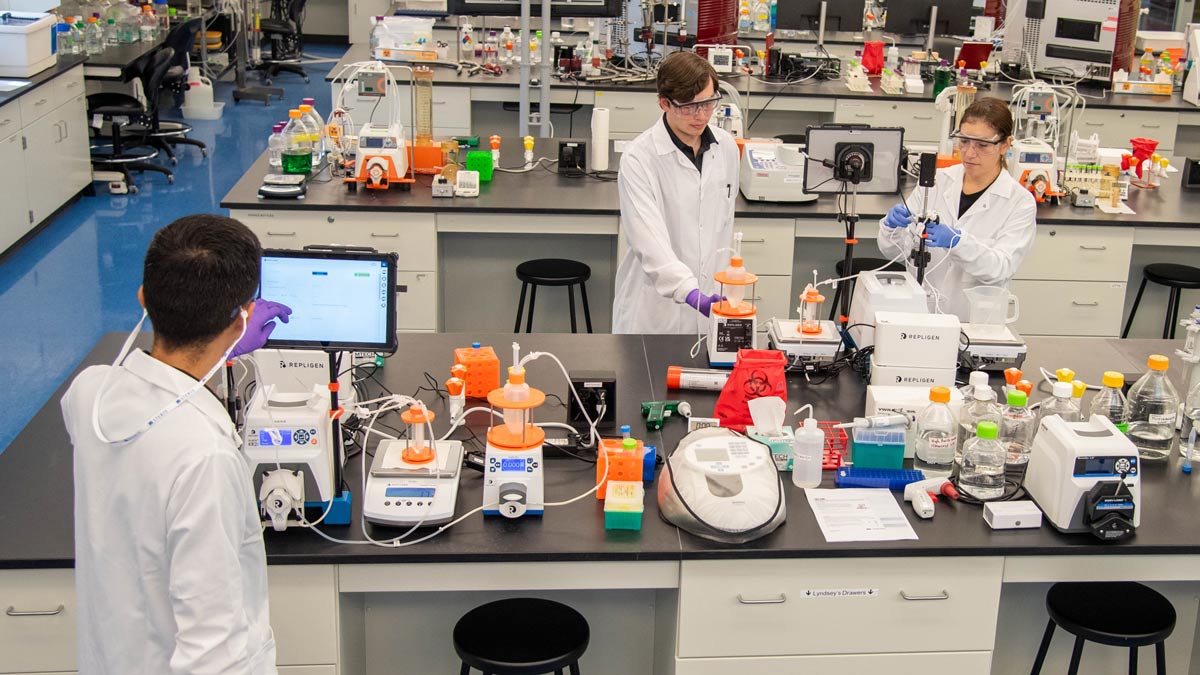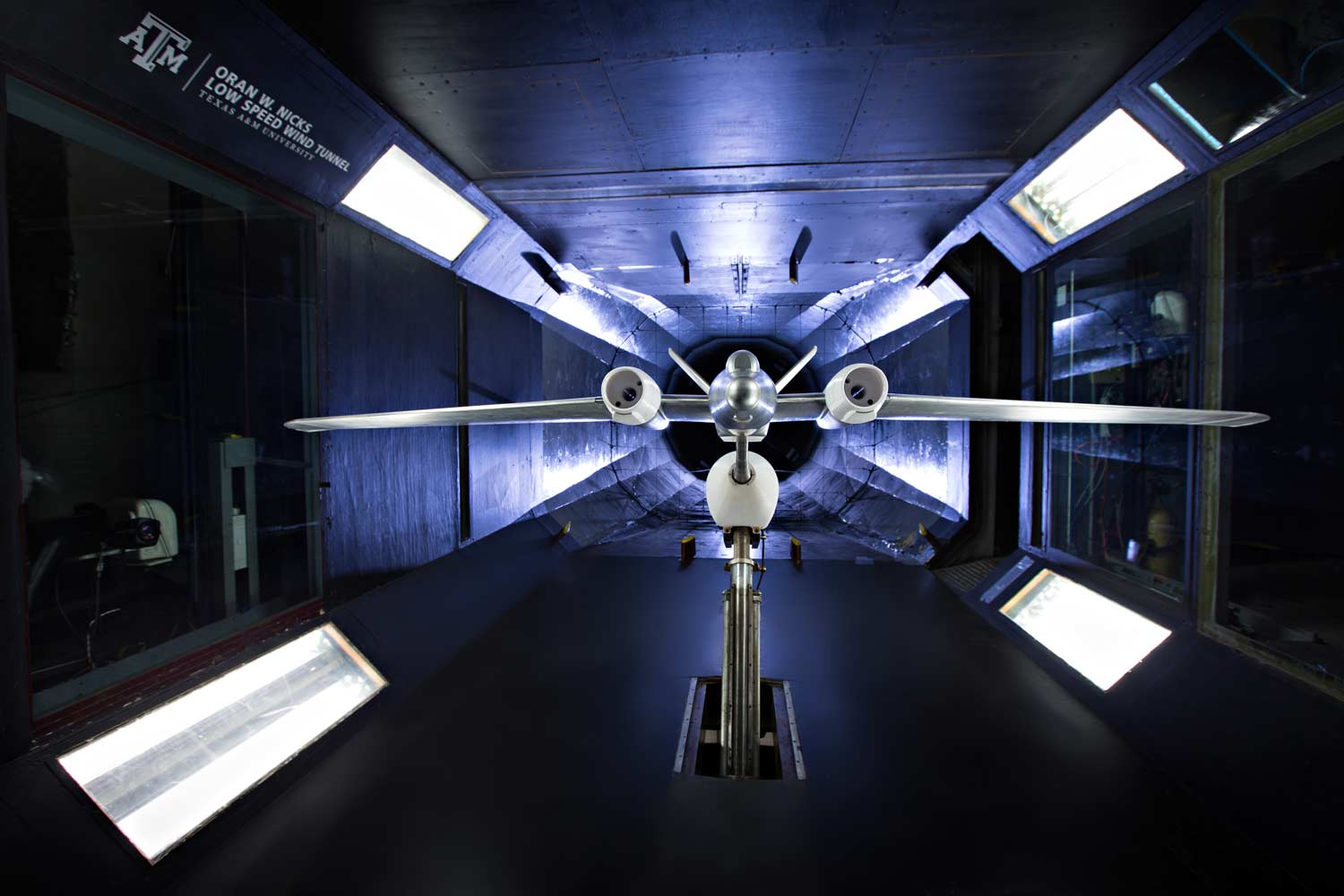Research Facilities
Texas A&M University researchers have access to technologically advanced equipment, labs and facilities on our main College Station campus and at other locations around the Brazos Valley and the state.
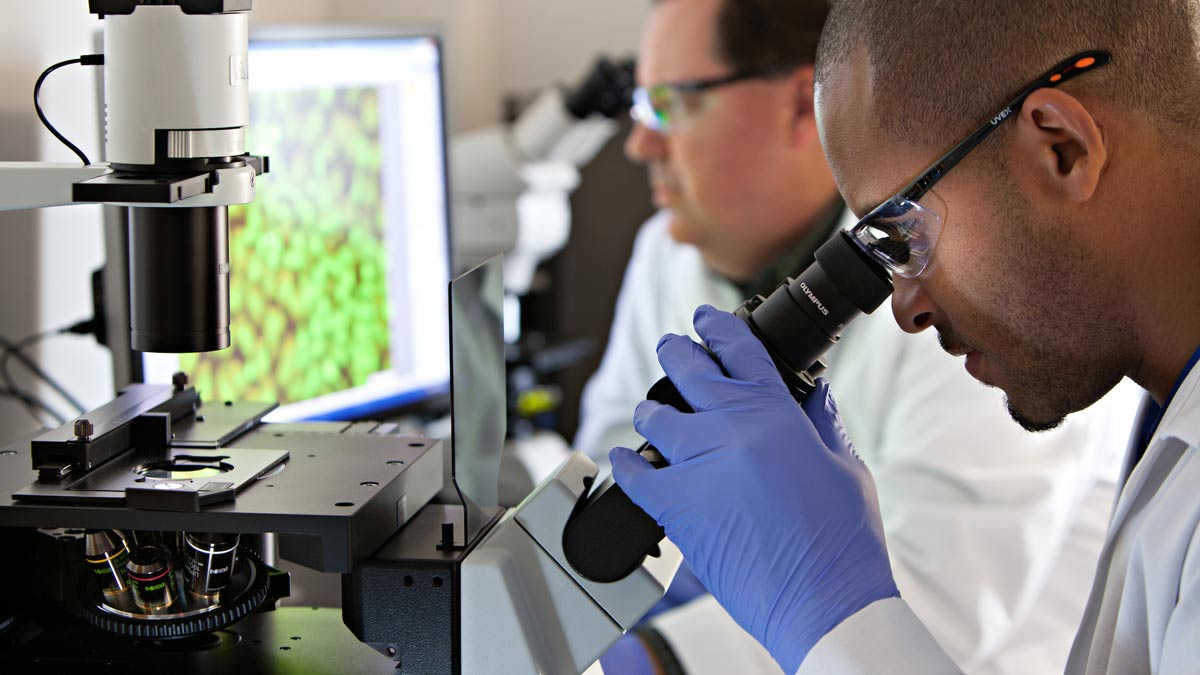
Core Facilities
Texas A&M's core facilities provide critical resources for groundbreaking research. These shared research facilities are a cost-effective way to leverage research expertise and specialized instruments. We offer more than 50 core facilities that can be generally categorized into six thematic areas.
About Our Facilities
Our facilities provide researchers with the space they need to complete their work. From testing materials used to improve roadways to discovering new treatments for human and animal health, Texas A&M labs support research innovation in a variety of disciplines. Below are just a few of our research facilities:
Improving the safety, security, longevity and resilience of Texas’ transportation network is a cornerstone of our work. In ways large and small, we are making our roads, railways, airports, water systems and electric grid better every day.
Have you ever wondered why you're not great at math, or why you gravitate toward certain brands? Our researchers can answer those questions and more through data collected in this lab. By using advanced technology, the Human Behavior Lab is not only the largest of its kind in the world but also the fastest in collecting data.
Located near the heart of our main campus, this building includes more than 30 laboratories, a variety of high-tech spaces and a 285-seat auditorium. The building houses several core facilities, including the Microscopy and Imaging Center, the X-Ray Diffraction Laboratory and the Laboratory for Biological Mass Spectrometry.
The National Center for Therapeutics Manufacturing’s four primary bioprocess labs are dedicated to cell culture, analytical methods and upstream and downstream manufacturing. Each lab houses a unique set of instruments designed to simulate every unit operation used in biomanufacturing facilities.
This large-scale, subsonic (lower than the speed of sound) wind tunnel is located at Easterwood Airport in College Station, Texas. It can fit an airplane model with up to a 7-foot wingspan and test air velocities up to 200 miles per hour. We have tested everything from bicycles and golf clubs to airplanes and space re-entry vehicles. Anything that can be affected by high-speed winds, we can test.
